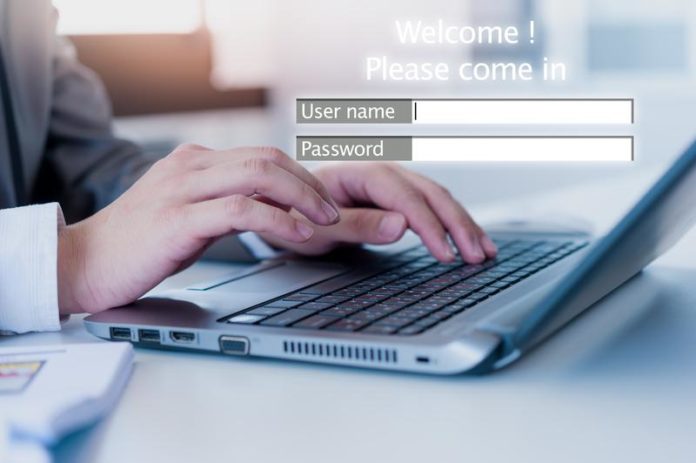It’s hard to imagine life in the 21st century without the internet. Buying groceries, paying the electric bill, and managing your finances can all be done with the click of a button. Unfortunately, there are also unsavory people out there who see all those monetary transactions taking place and try to take some for themselves.
Scammers have a variety of techniques to try to steal information online, like setting up fake websites to trick you into entering banking information, so it’s important to take cybersecurity measures. Luckily, if you know what you’re looking for, you’ll be able to spot signs that a website isn’t what it claims to be. Before you share your personal details on a website, here are a few steps you can take to make sure it’s secure.
SSL Certification
One of the best indicators of a website’s security is the presence of an SSL Certificate. If a website URL begins with “https,” that means it is secured by an SSL certificate. The “https” signifies that all the data that travels between your browser and the website’s server is safe and secure. Cybersecurity companies encrypt websites for companies across the globe to make sure their web presence is safe for users. These security partners work with the site owners to implement features like data encryption and malware scans to keep their information out of the wrong hands.
Read Their Privacy Policy
A website’s privacy policy outlines what steps the site is taking to protect your personal data. The privacy policy will also let you know what, if any, data you share on the website remains private. In other words, does the site share your information with third parties? Trustworthy websites have privacy policies. They tend to be located on the bottom of the homepage, but if you can’t find it there, just try typing it into the search bar. It’s best to always review the privacy policy of a website before you share your information so you can steer clear of sketchy websites.
Double Check the URL
You know that phrase that goes “don’t judge a book by its cover?” The same can be said about websites. Clever internet scammers can create fraud websites that look remarkably similar to the real deal. One thing they can’t duplicate, though, is the website URL. Before you upload your credit card or bank account to a site, double-check the URL to make sure it’s correct. If it says something like “amaz0n” or “paypa1,” hit backspace ASAP!
Check for Contact Information
Legitimate companies want to make it easy for you to do business with them, which is why they always post contact information on their website. Details like phone numbers, email addresses, and even physical addresses are common. If you scour the website and can’t find a single piece of contact information, that’s a big red flag. It’s also suspicious if you find contact information that doesn’t make sense for the company, like American-based companies listing foreign phone numbers or addresses.
Check the Website Design and Style
Legitimate companies put a significant effort into branding. Logos, color schemes, and slogans are just a few hallmarks of corporate branding identity. Oftentimes, look-alike websites may look slightly different from the site they’re looking to duplicate. Look for spelling errors, gibberish text, poor image quality, and broken links. If the site looks fishy, jump back to the URL bar and enter the site’s address beginning with “https” to reach the authentic website.
Look for a Trust Seal
Like “https,” trust seals verify a website’s security status. Trust seals are provided by cybersecurity services who partner with the company that owns the website. When you see the trust seal, that means that the website has security features to protect your data stream. Be sure to click on the trust seal to make sure it’s legitimate. A rightful trust seal will take you to a verification page. This step is important because, unfortunately, scammers will put fake, dead-end trust seals on sites in the hopes you won’t verify them!
Verify the Domain
Did you know that you can look up who owns a website’s domain? Using whois sites makes it easy to verify all the information about the owner. Domain information will tell you who the site is registered to as well as contact information that will help you determine if the site is legitimate. If the site’s domain information doesn’t match the information you know about the company, then it may very well be a spoof site hosted by scammers.
The internet is as vast and exciting as the Wild West; and similar to the Wild West, you may find yourself running into outlaws and bandits. Hackers, scammers, and fraudsters try to lure unsuspecting victims into revealing private information about themselves online. To protect yourself and your personal data, you should investigate the websites you frequent to make sure they’re the real deal and stay safe while you browse.

















